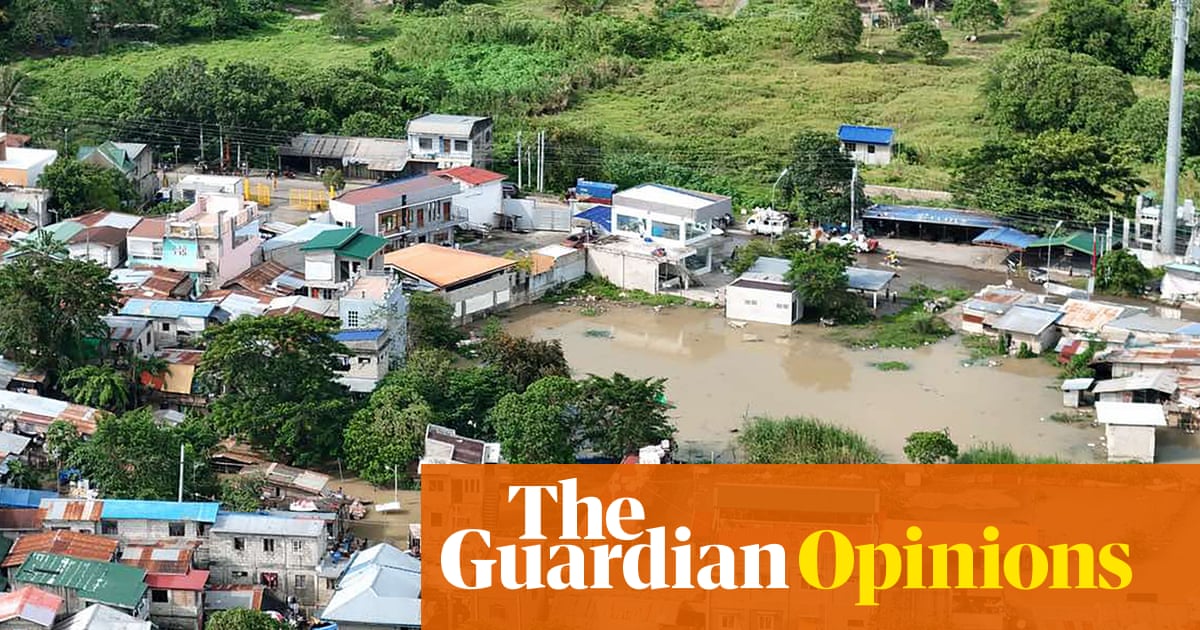
"For decades, stopping climate change has been the singular goal of climate politics. Across the political spectrum, from grassroots climate campaigners to elite UN negotiators, reducing carbon emissions to avoid future catastrophe has been the organizing logic of climate policies. Yet climate change has arrived and its material impacts are already being felt. This means that climate politics can no longer focus only on preventing future catastrophes. It must now also encompass struggles over how society manages climate impacts already reshaping economic and social life."
"But this infrastructure-centric framing sidesteps questions about the institutions that will condition how people experience the political impacts of climate change. Should we allow property insurance markets to operate freely, or should the federal government backstop high-risk regions? Do we maintain disaster aid systems that only protect property owners, or do we guarantee equitable recovery support? Do we leave workers laboring in extreme heat to their employers' whims, or do we enact federal protections?"
Stopping climate change guided policy for decades, but climate impacts are already occurring and require political responses beyond emissions reduction. Climate politics must expand to include managing the social and economic consequences of a changed climate, remaking insurance markets, housing, water and land use policies, labor protections, and local economies. Current adaptation prioritizes physical infrastructure—seawalls, flood control, retrofitting—while neglecting the institutions that shape distributional outcomes. Policymakers face concrete choices about insurance backstops, equitable disaster recovery, and workplace protections for heat exposure. Emerging trends, such as insurance non-renewals and labor actions over heat, indicate institutional strain requiring systemic reform.
Read at www.theguardian.com
Unable to calculate read time
Collection
[
|
...
]